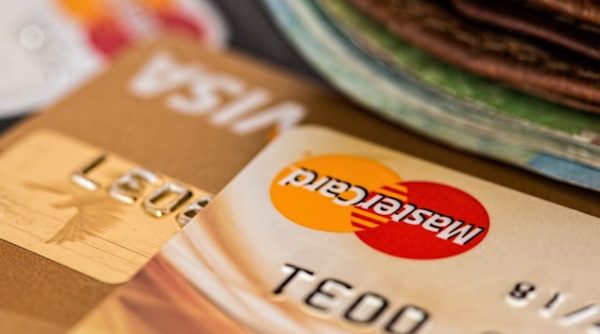
Merchant processing is quickly becoming popular and has already become a household term in western countries. Although merchant processing itself is very well established and a lot is known about it, there are certain terms associated with it that not many people know of. In this article, we will discuss the three most important terms related to merchant processing.
These terms are as follows:
1. Acquirer vs. Processor
When referring to merchant processing, people often tend to confuse these two terms with each other. Although frequently used interchangeably, these two terms are very different in their functions. An acquirer refers to the financial organization responsible for processing all the credit and debit card transactions. On the other hand, a processor is actually a merchant service processor company that acts as an interface between the merchant and the issuing banks.
So, a payment processor is just a mediator between the credit or debit card owner and the concerned banks, whereas an acquirer is responsible for approving and processing the transactions.
2. PCI
The second very important term to be aware of is PCI or otherwise referred to as the Payment Card Industry. First introduced in 2004, the PCI has a set of defined rules and regulations as well as data security standards, jointly known as the PCI DSS, which all companies associated with the PCI need to comply with. These regulations ensure that the data being handled, collected, and stored by these companies is done so carefully and responsibly.
Companies and financial institutions not complying with these rules put their clients at risk of a data breach, hacking, fraud, etc. Therefore, ensure that your merchant processor, bank, and even payment gateways comply with PCI’s standards to prevent your data from being stolen, fabricated, or misused.
3. EMV
EMV is more popular by its informal name, i.e. chip cards. EMV terminals have become very common ever since fraud and money scams started occurring more frequently. This technology helps both merchants, as well as clients, protect themselves from any security breaches. For instance, if a merchant processed a transaction of a chip card whose EMV terminal was not enabled, he would be held responsible for any fraud, data breaches, and scams that could take place.
Understanding the emerging industry of merchant processors and payment gateways is not easy, but knowing the essential terms helps in understanding the basics more easily and quickly. So, the next time you come across any of these terms, you won’t be as lost as you once used to be.
Moreover, whenever you decide to get a merchant processor or payment gateway for yourself, you’ll know what you need and what you don’t.


